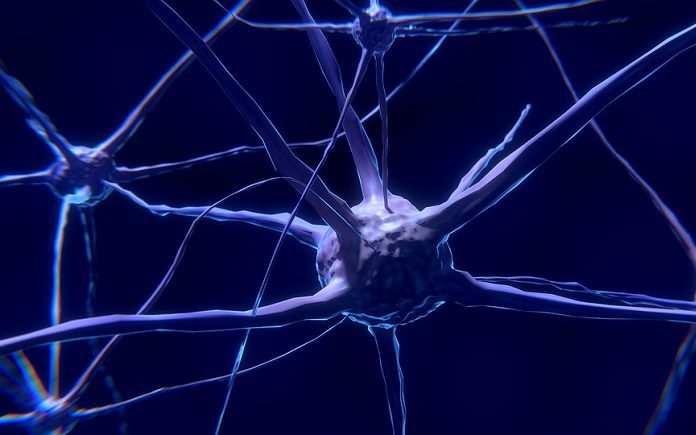At present, the fundamental medicines for Alzheimer’s ailment are drugs that expansion levels of acetylcholine in the cerebrum. The University of Bristol paper, distributed today in Cell Reports, portrays the part two primary kinds of a nicotinic receptor (α7 and α4β2 receptors) play in long-haul memory recovery and encoding – and the effect of acetylcholine on these receptors.
The study identifies how acetylcholine impacts learning and memory by acting at different receptors. According to scientists, it could prove significant in the drive to develop more targeted and effective therapies for dementia.
This is for the first time, scientists have demonstrated both types of nicotinic receptor are essential for long-term associative recognition in rats. They found that each nicotinic receptor subtype was in charge of unmistakable parts of memory. The underlying encoding of data (“learning”) was subject to the α7 nicotinic receptor, and consequent memory recovery (“recalling”) depended on the α4β2 receptor.
Prof. Bashir commented on the findings:
“Learning is thought to rely on changes in the strength of communication between neurons. In this study, we have shown that the α7 nicotinic receptors enhance communication between the hippocampus and frontal cortex but α4β2 nicotinic receptors decrease communication between these regions. Therefore, acetylcholine acting on different subtypes of nicotinic receptor in the frontal brain can enhance or depress neural communication for the learning and remembering of long-term memory, respectively.
“These findings could have significant implications for the way stimulation of acetylcholine is used to treat Alzheimer’s. If drugs can be developed to target the individual nicotinic receptors, responsible for different aspects of long-term memory, we could see much more targeted and effective therapies for dementia.”
